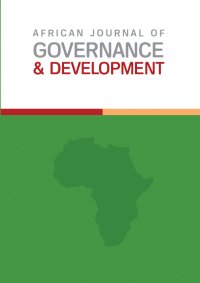Gender, Economic Precarity and Uganda Government’s COVID-19 Response
Main Article Content
Abstract
Understanding the gender implications of government policy is important for effective implementation. This article examines the gender implications of the COVID-19 government response in a liberalised economy. It sought to examine the gendered effects
of the Uganda government’s COVID-19 response. Specifically, it interrogated the gendered experiences of males of females of the COVID-19 lockdown, how gender shaped these experiences and how gender can be mainstreamed in the COVID-19 response. Following guidance from the World Health Organisation, Uganda’s COVID-19 response included lockdown, massive testing of people in quarantine and at borders, contact tracing, a national community survey and promulgation of laws to penalise non-compliance. The key method of data collection was documents review of both grey and published literature. The key findings showed that the neoliberal economic system in which Uganda’s COVID19 response was implemented cannot effectively serve the interests of all. Rather, gender, compounded with economic, social and regional inequalities converged to produce negative experiences for women and other marginalised groups in relation to health, education, justice and livelihoods. The article concludes by recommending attention to gender and context when designing crisis response strategies. Specifically, to recommends
Article Details

This work is licensed under a Creative Commons Attribution-NonCommercial-NoDerivatives 4.0 International License.
